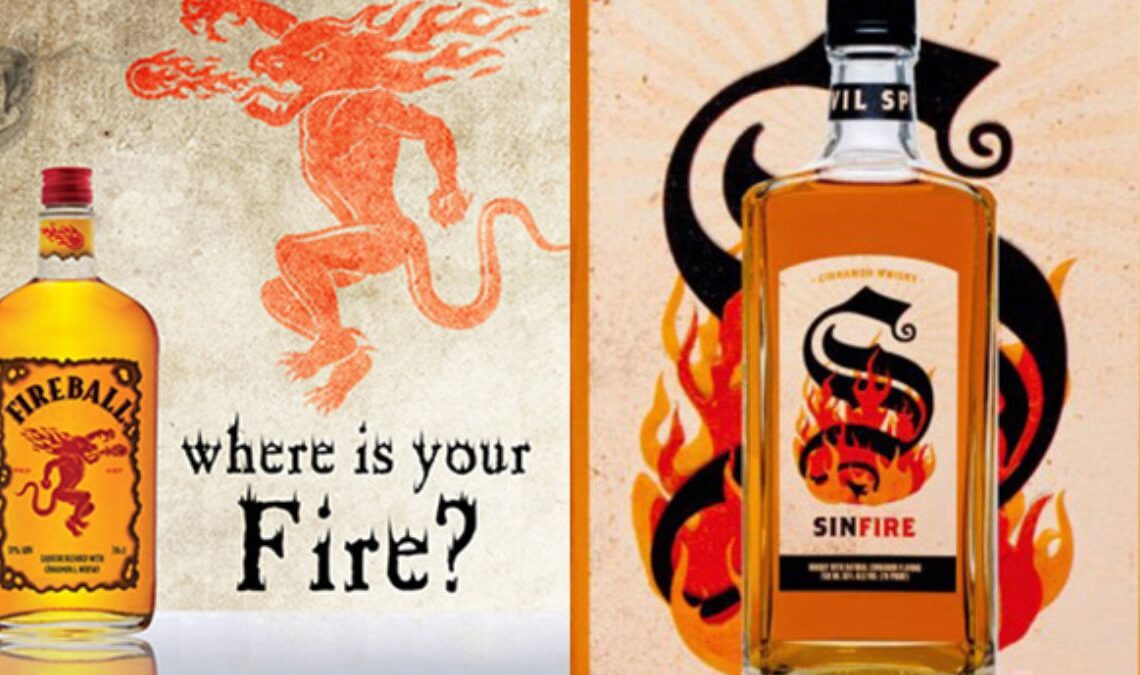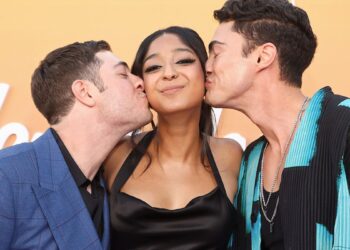The lawsuit claims that many of the company’s small Fireball bottles don’t genuinely include Canadian whisky with cinnamon as the logo claims.
Despite being practically identical in form and logo to the bigger bottle (that contains whisky), which Sazerac sells, the goods may not even include any whisky, claims the lawsuit.
According to the outlet, the little 50ml container of Fireball typically sells for roughly $1 and is typically distributed in areas where the sale of alcohol is prohibited.
According to the lawsuit, the little beverage’s label declares it a “malt beverage Featuring Natural Whisky & Additional Flavors.”
This is “a brilliant use of words since customers will understand how ‘Pure Whisky’ is different from Those other Flavors when they strain to understand this,” the lawsuit claims.
The Daily Union and WPDH stated previously that the containers that appeared to contain alcohol were just being sold at petrol stations and groceries, reportedly to the chagrin of liquor stores, according to the former, as noted in the case.
According to state legislation, liquor sales are only permitted in specific establishments, not supermarkets.
In contrast, the lawsuit claims that the ordinary Fireball bottle contains genuine Canadian whisky.
The class action complaint seeks $5 million in punitive and statutory penalties, which aims to represent all purchasers of the small non-alcoholic bottle across 12 states.
It was submitted to the Northern Superior Court of Illinois earlier.
According to mythology, Fireball was born in the 1980s, during a particularly chilly winter in Canada.
It Was Bought By Sazerac In 1989
According to Bravo, it was bought by Sazerac in 1989 and later increased in popularity in the United States following a redesign and targeted marketing campaign in 2007.
Despite declining bar sales, the beverage’s overall total sales have grown in recent years. Thrillist described it as “secretly hot” in 2020.
According to the manufacturer, Fireball Cinnamon Whisky “tastes like heaven, burns like hell.”
For this lawsuit to be “registered” as a civil suit, a judge must concur that it fits the criteria for that kind of lawsuit.
It explicitly requests certification as a multistate wage theft civil lawsuit in Illinois as well as a class action for Illinois residents who purchased the mini-bottle in one of the three examples: Arizona, South Carolina, Utah, North Dakota, Wyoming, Idaho, Alaska, Iowa, Mississippi, Arkansas, but also Kansas.
Spencer Sheehan, the lawsuit’s attorney, is renowned for calling out food companies for deceptive advertising.
He previously filed a lawsuit against Krispy Kreme for a “glazed apple pie” product that lacked enough pears.





